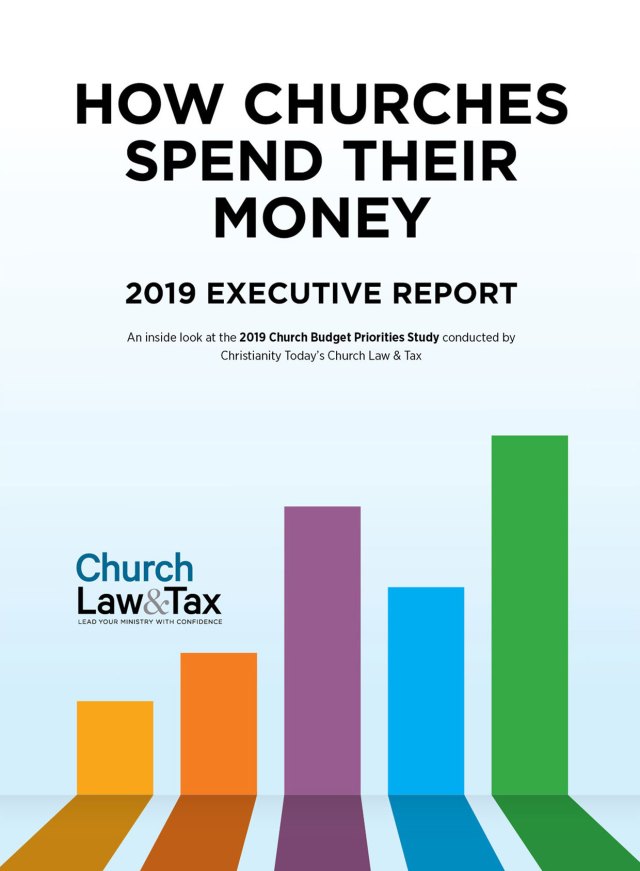Q: Due to the difficult financial times we are in, we have had to scale back, or drop completely, many items in our budget. In the past, our accompanists have been paid per service, but we are no longer able to provide as much as in previous years. Is it legal to set up a ‘Designated Account’ for this? Is this a tax deductible donation?
The church can raise funds for the music ministry and those would be tax deductible. However, the accompanists should still have a set compensation for their services. It is unlikely they would fall into a similar category as support raising missionaries so you couldn’t just pay them whatever they raise in contributions.
If the funding doesn’t come in, you would need to support the payments through the general fund or discontinue paying for the service. If individuals wanted to give money specifically for an accompanist, the funds would not be tax deductible.
To learn more about compensation planning, see ChurchSalary, and for comprehensive information on designated funds, see Richard Hammar’s Church & Clergy Tax Guide.





